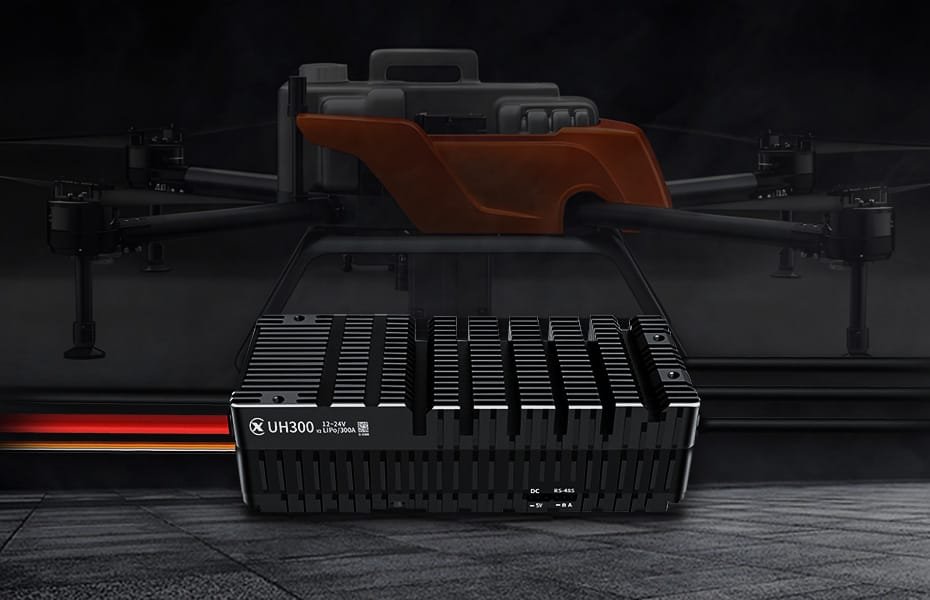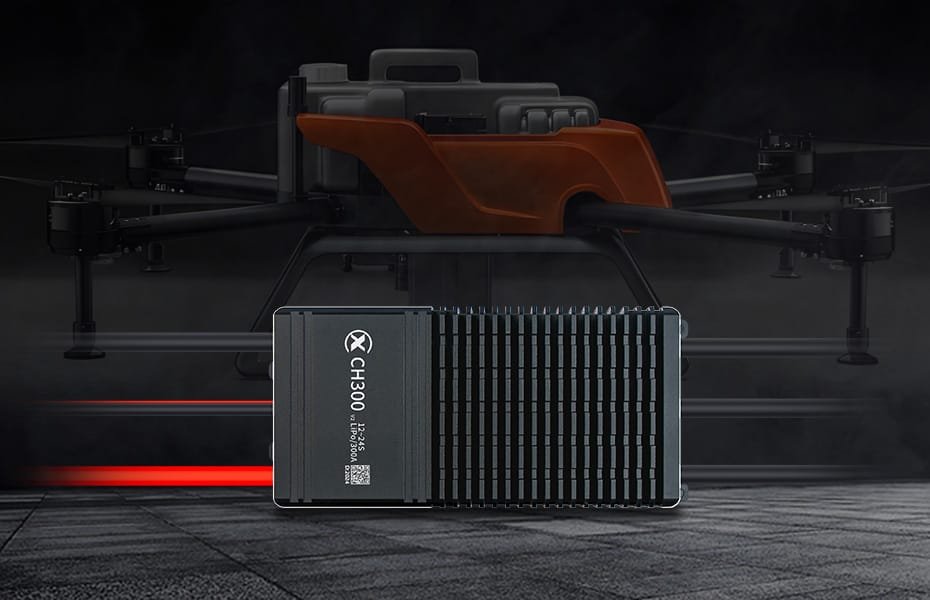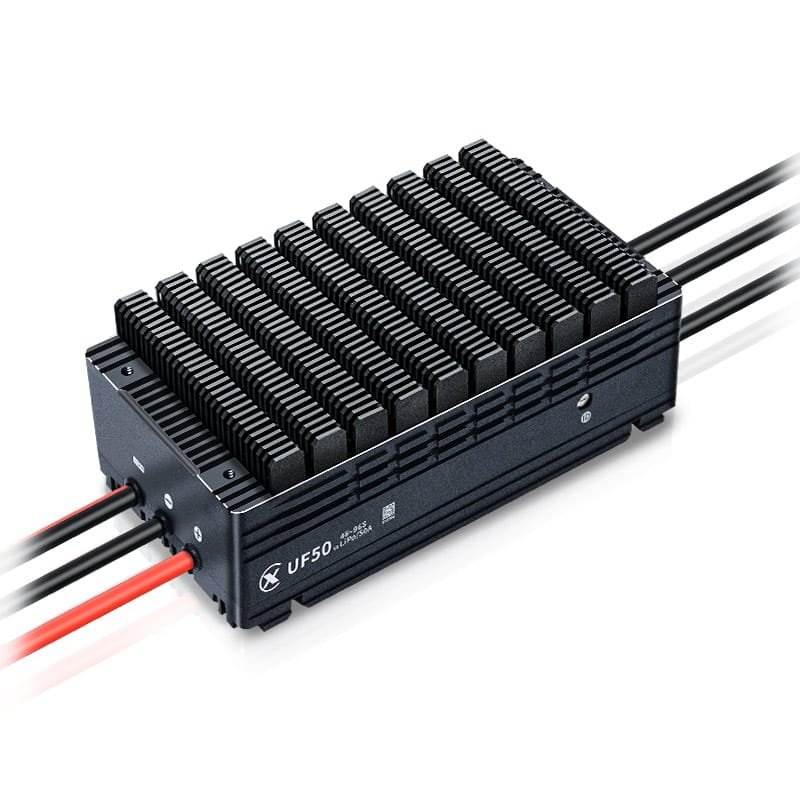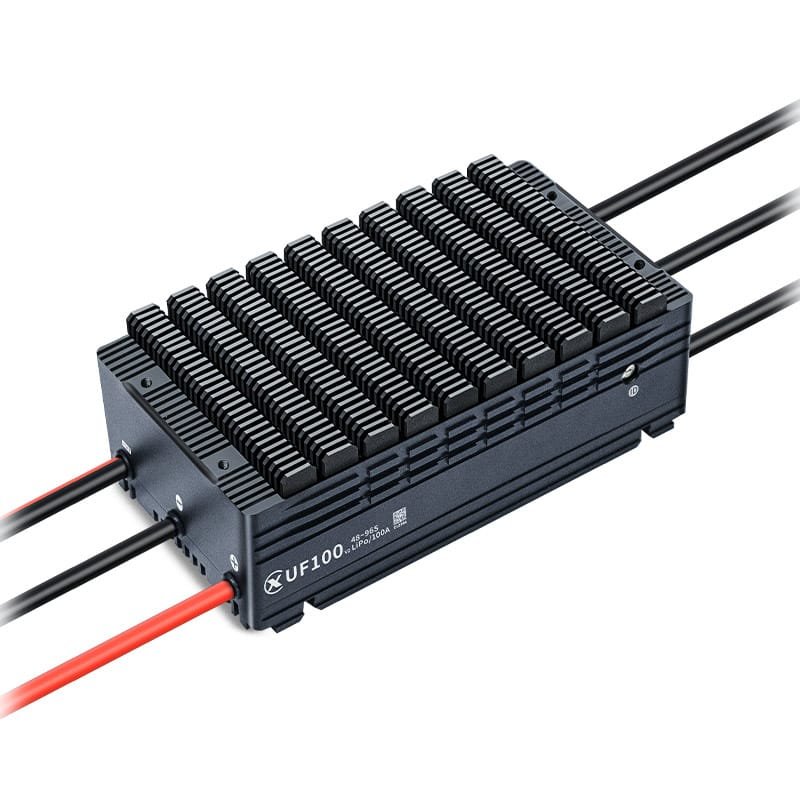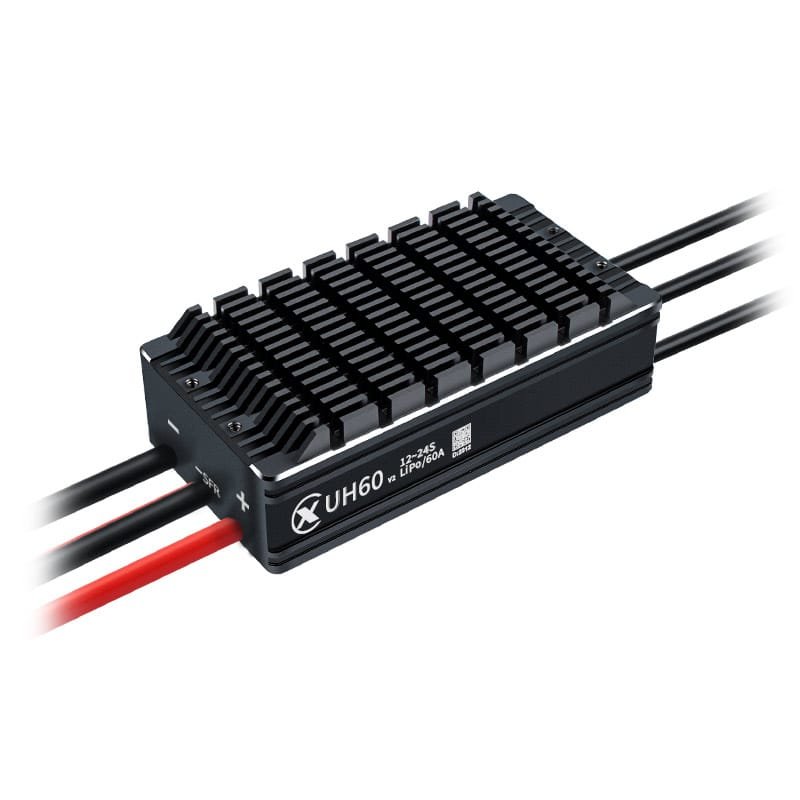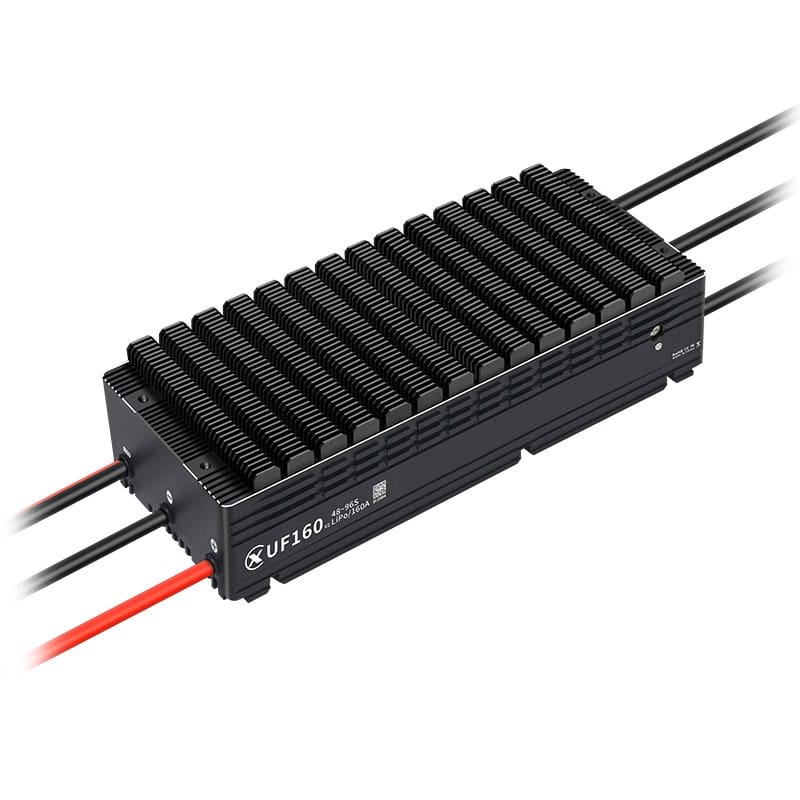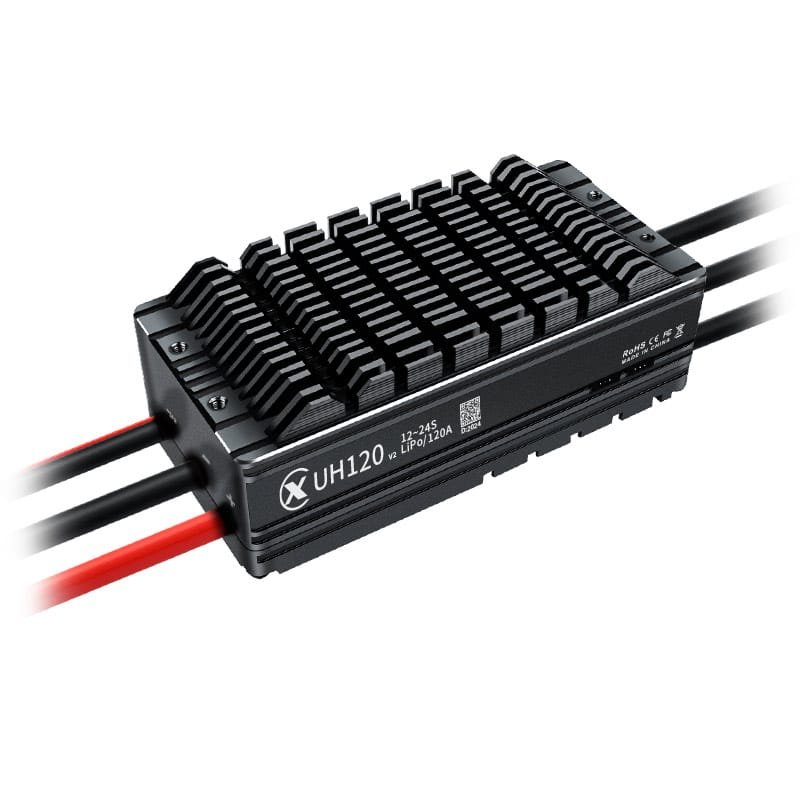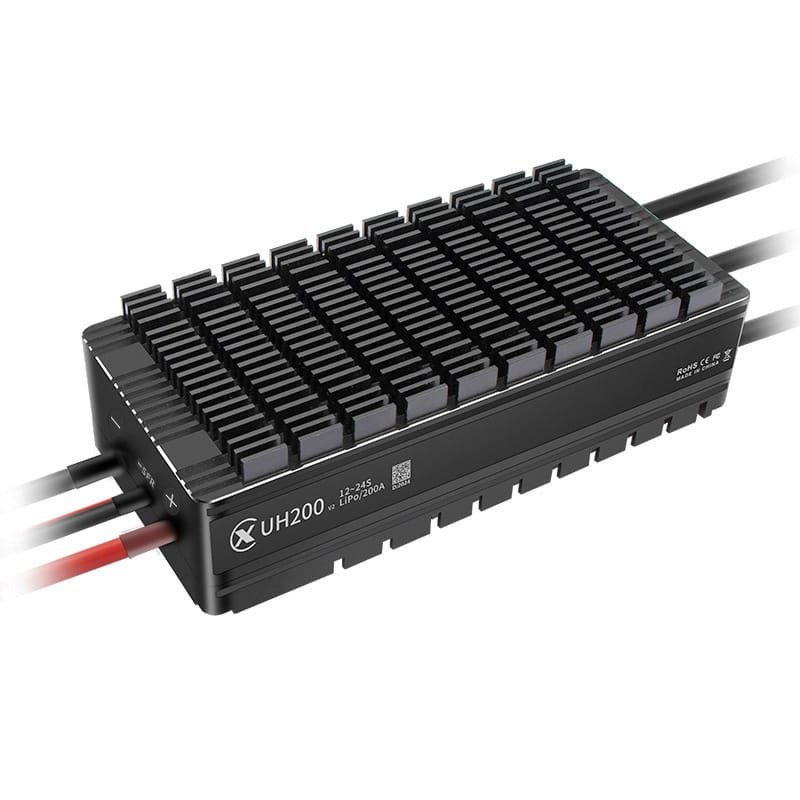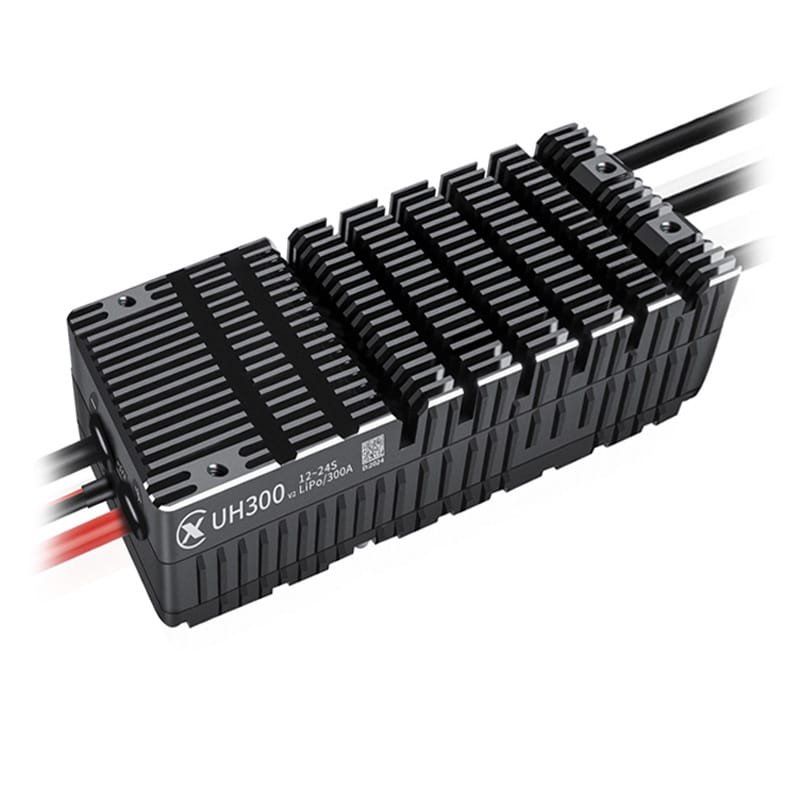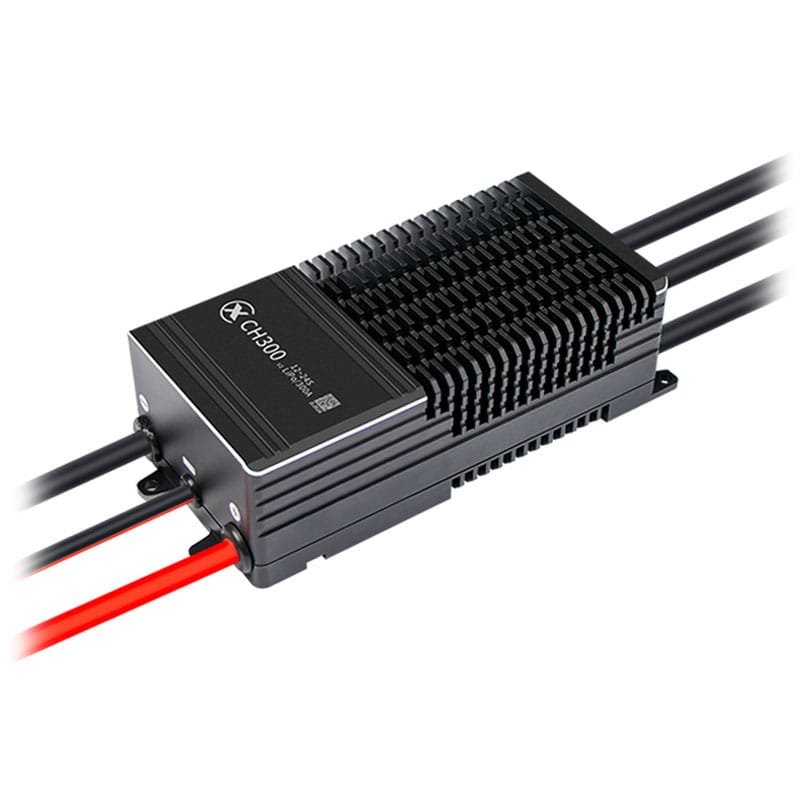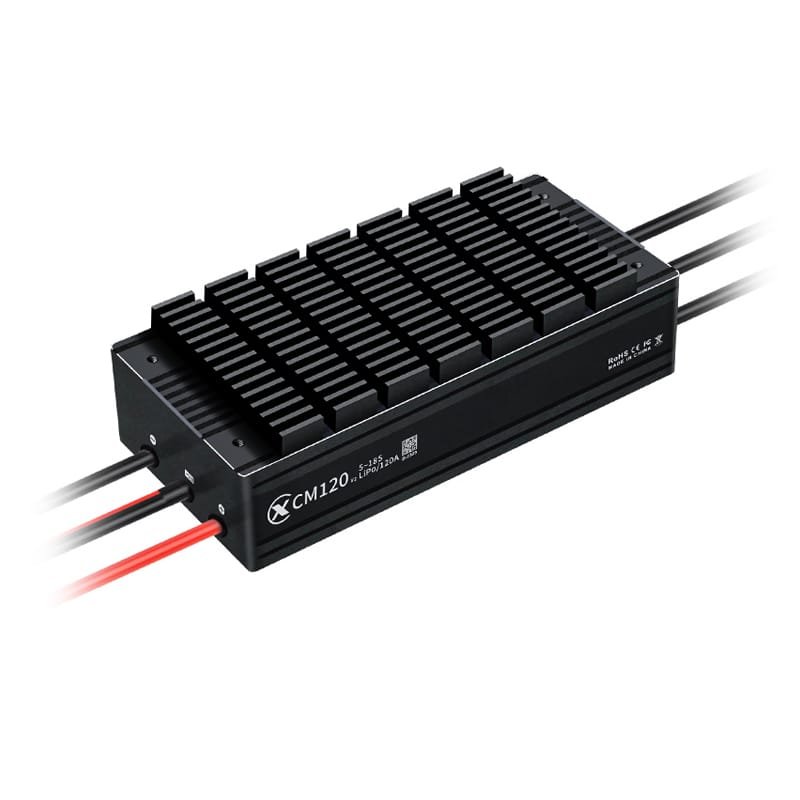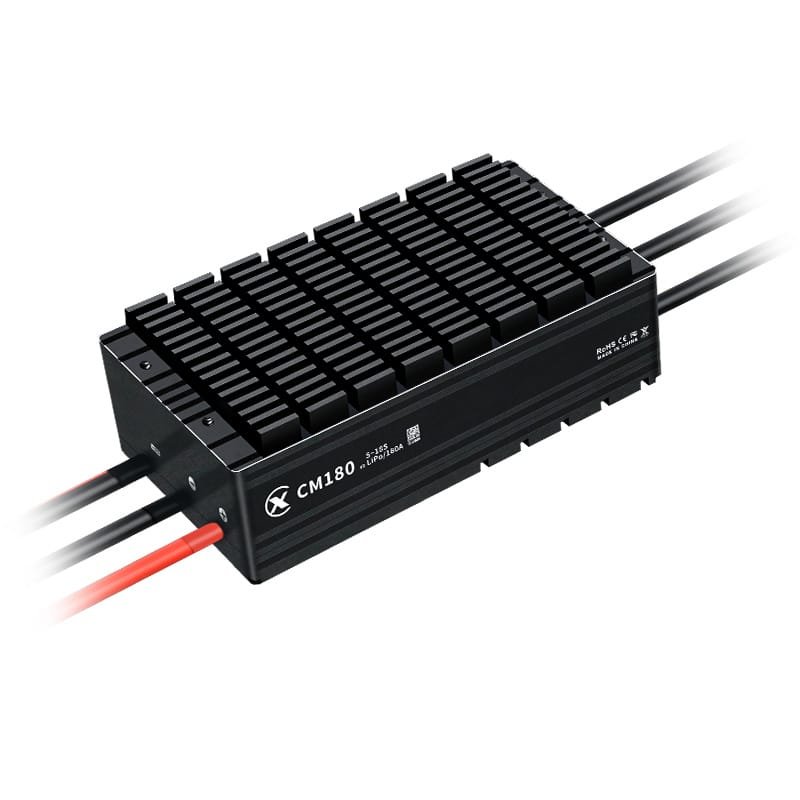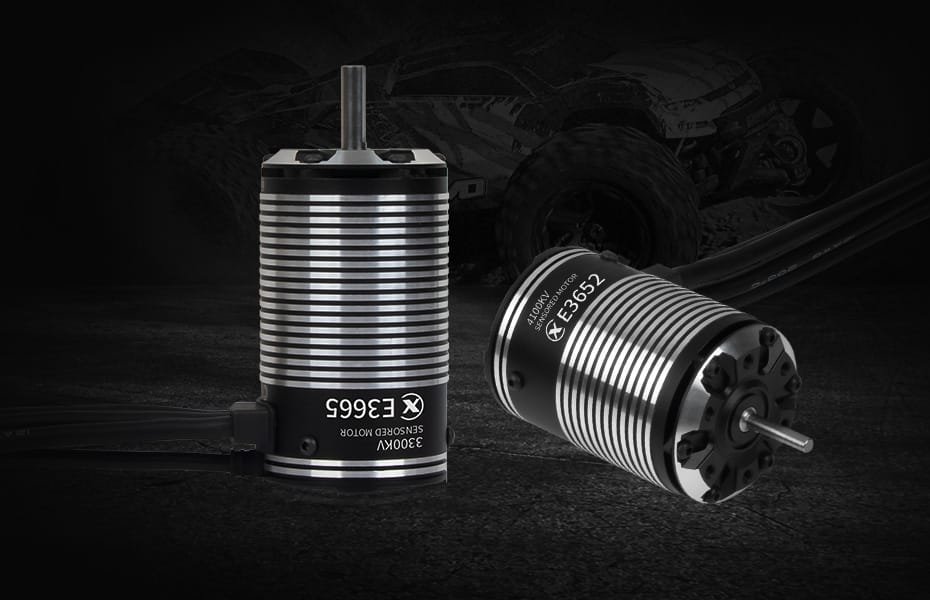electronic speed control for delivery drones UF50 v2(48~96S)
brushless electronic speed controller UF75 v2/75A (48~96S)
drone electronic speed controller UF100 v2/100A (48~96S)
Best ESC for drone&UAV quadrotor UH60 v2/60A (12~24S)
ESC speed controller manufacturer wholesale UF160 v2(48~96S)
drone speed controller UH120 v2/120A (12~24S)
BLDC motor controller for drone UH200 v2/200A (12~24S)
brushless motor controller for drone UH300 v2/300A (12~24S)
ESC for drone factory wholesale price CH200 v2/200A (12~24S)
Large payload powerful ESC for drone CH300 v2/300A (12~24S)
drone ESC board for agricultural drone CM120 v2 120A (5~18S)
brushless motor controller ESC CM180 v2 180A (5~18S)

Save 15%
Bundles
Save 15%


